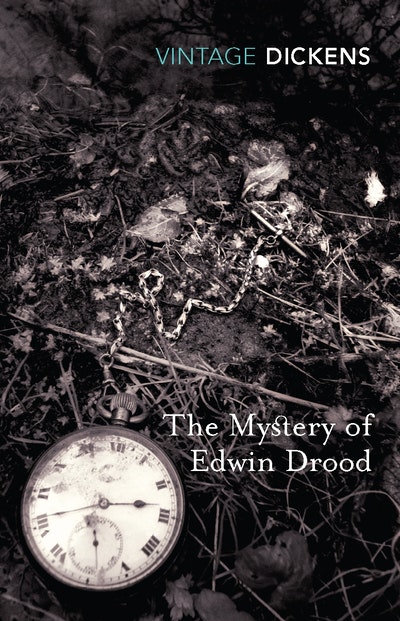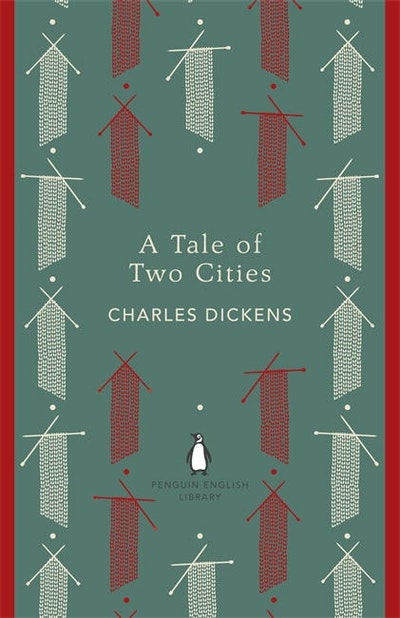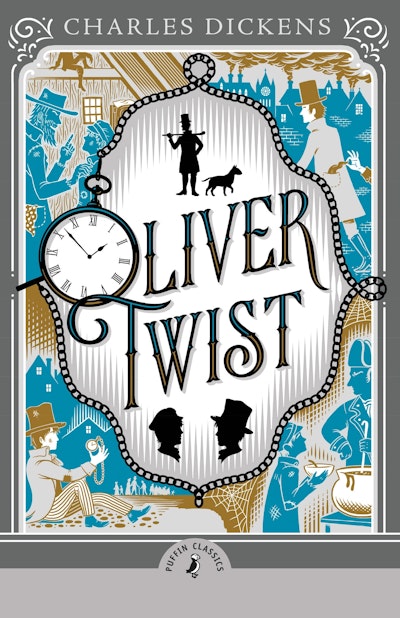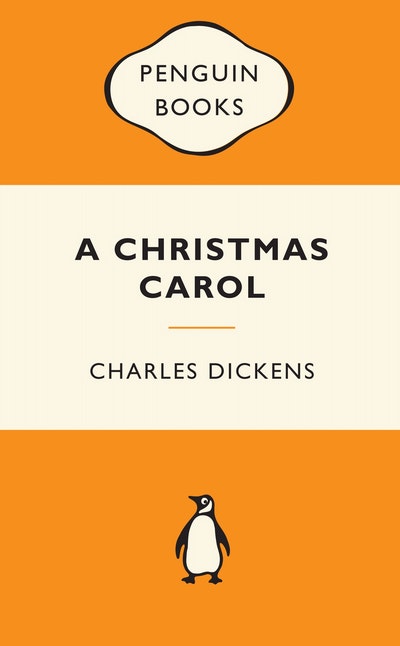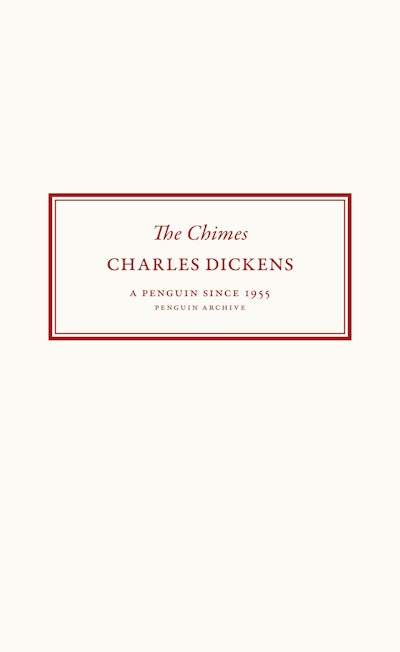[]
The Mystery of Edwin Drood
Formats & editions
Buy from…
- Published: 31 December 2012
- ISBN: 9781409075257
- Imprint: Vintage Digital
- Format: EBook
- Pages: 400
Dickens's finest work in the genre of the detective story was his last ... Had Dickens lived to complete it, The Mystery of Edwin Drood would probably have challenged the supremacy of Wilkie Collins's The Moonstone...
The Times
In The Mystery of Edwin Drood Dickens brooded on crime, opium and the darkness of the soul
Sunday Herald
The influence of Charles Dickens on the development and achievements of detective fiction is unchallengeable
The Times
